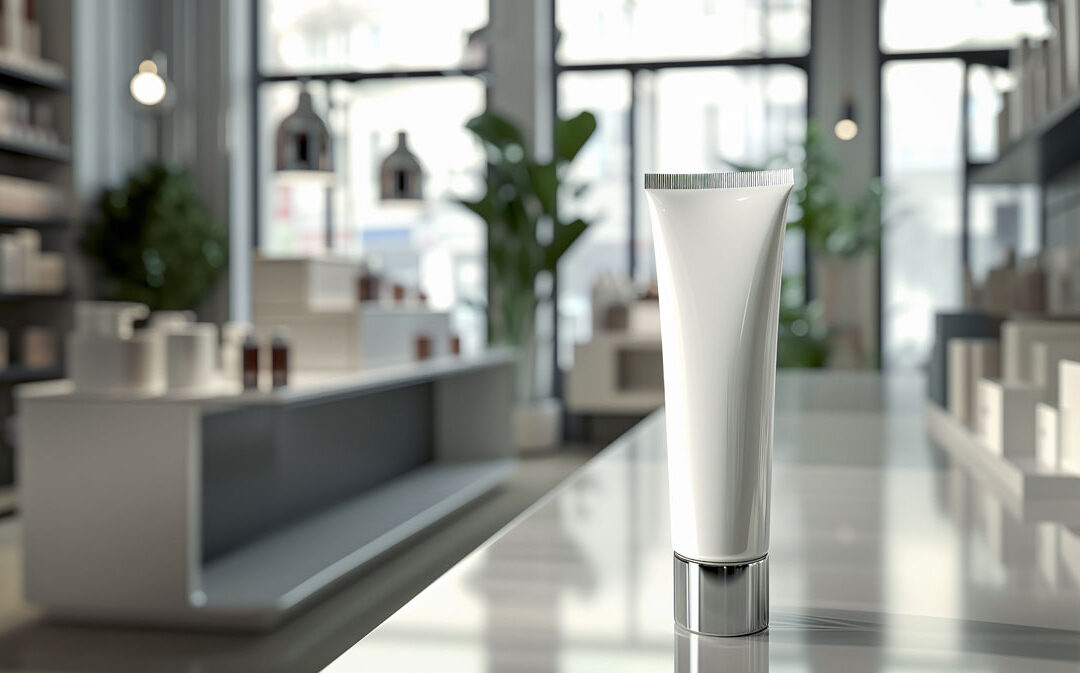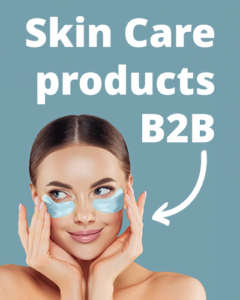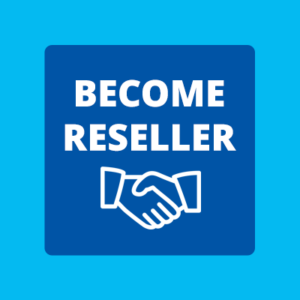In recent years, the b2b cosmetics industry has exploded, becoming a competitive force in the world of skincare. B2B (business-to-business) refers to transactions between businesses rather than offering products directly to consumers. Typical clients for the B2B skincare market include retailers, spas, beauty schools, and a wide variety of other professionals. This market facilitates cosmetics wholesale, streamlined supply chains, and tailored products to meet the specific needs of establishments and their clientele. Understanding the dynamics of this market is essential for businesses seeking to obtain and provide other businesses with contemporary skincare products.
Trends of the B2B Skincare Market
- Transparency of ingredients is a crucial offering of the B2B skincare market, allowing businesses the freedom to research efficacy and alternatives of products before purchasing.
- Customization for business’ needs is a regular request by clients, with some producers offering skincare products and mixtures tailored to specified consumers or businesses requirements, to custom packaging for beauty schools or other similar clients.
- The B2B skincare market has its own spheres of communication. Brands and distributors organize events in which they present innovations and concerns as well as offer a floor for B2B distributors and clients to discuss the trends of the market, from advertising through various social media generations to sustainability.
- Indie suppliers in cosmetics suppliers come and go, but there are some brands that are well established in the industry and well known for their high-quality products. Murad is a name you will be unable to miss in exploring B2B skincare. Murad offers a diverse selection of products, with reliability built on the brand’s namesake Dr. Howard Murad. Another well-known brand is Skinceuticals, known for their niche of sunscreens and corrective treatments.
Challenges in the B2B Skincare Market
- Regulations are enforced on skincare products to ensure the safety of consumers. When making B2B purchases for your business, make sure you are buying products that are produced, labeled, and stored according to regulation. Failure to do so could result in fines or recalls.
- Skincare producers are regularly introducing new products for consumers and professionals to experiment with. As new products and brands enter the market the expectations of businesses and consumers can adjust to include products your business may not offer. Staying in touch with the market may require you to research popular items on B2B sales platforms, or to explore the offered products from a new skincare producer.
Strategies for Success in the B2B Skincare Market
- There is intense competition in sale of Skin Care Products B2B as producers seek to capitalize on recent market growth. By offering superior customer service and product quality businesses in the B2B market can ensure they are providing a niche in the skincare market that cannot be matched by competitors.
- Trustworthy suppliers can ensure purchased products are appropriately produced, labeled, and transported, mitigating the stress of meeting regulations.
- Research potential consumers and use personalized advertising to ensure buyers are informed of the quality and safety of purchases, as well as ensuring visibility to desired clientele. Knowing what type of businesses, a product line-up in intended for can develop a strong niche which over time can be capitalized by developing regular customers and strong professional relationships.
- Depending on the business or consumers the products are intended for, different ingredients or product uses might be prioritized. A business might be looking for a particular skincare product from a reliable brand, or might be seeking a recently developed ingredient of a similar use. Having a wide variety of serums, cleansers, sunscreens, exfoliants, corrective treatments, and other offerings of the skincare industry can ensure clients don’t walk away disappointed at a B2B suppliers product selection.
Conclusion
Success is attainable as a cosmetics B2B service with understanding and adaptability to client expectations and market trends. Insight into potential buyers, trustworthy suppliers, and regular check-ins with market changes can all contribute to thriving in supplying other businesses with their required skincare products. As a participant in the B2B skincare market, customer relations imagined by suppliers can become realized and reliable when developing a business in providing skincare items to businesses looking to make use of those products or offer cosmetics distribution.








